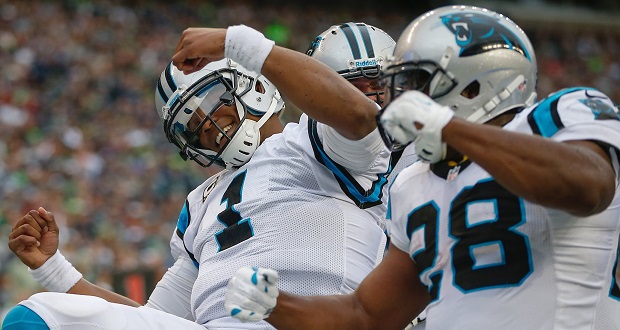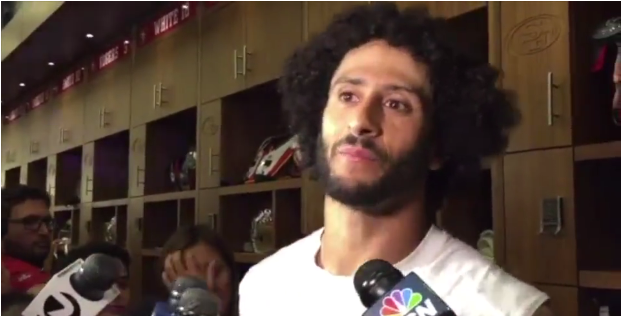
Two weeks ago Travis Jones wrote a Point of View about the criticism of Cam Newton’s “dance” as an inappropriate display during football games. Steve Hanamura, president of Hanamura Consulting and diversity and inclusion expert, took the time to write a thoughtful response to Travis. We decided to share it with our readers.
Hello Travis,
I really enjoyed reading your analysis of the Cam Newton dance controversy.
First let me begin by saying that I am 71 years old. As such that makes me an “old school” kind of person. This simply means we were trained not to show too much emotion either way; when we won or when we lost. We were trained to shake the hand of the opposition after the contest whether we won or lost. These two attributes were paramount in what it meant to be a “good sport.”
So such display of celebratory behavior was viewed as “hot dogging it” or “show boating.” I used to be quite judgmental about these types of demonstrations. As time progressed, I began to see how communication styles and cultures are different.
Especially with Cam, you are absolutely right; his commitment to kindness plus his talent on the field is potentially transforming the position of a quarterback.
However, I would encourage all of our readers to understand the difference between intent versus impact.
Knowing Cam’s heart, especially for children and his love of the game is reason enough to do his dance. It is a totally different context than what would normally be perceived by some of us who think he is “hot doggingit.” That could not be further from his truth. He is an upcoming star and he will transform the meaning of what it means to play quarterback.
I suspect for that mother who complained that Cam’s actions were inappropriate, two things were at play. One he is black and secondly we may not know her context of how she has encountered men. Has she experienced abuse, neglect or anything like that? If so, she will be more acutely offended by such a demonstration, regardless of Cam’s intent.
Now regarding black and white players.
I see both blacks and whites fail to demonstrate good sportsmanship, especially after a loss. Blacks may be called out more than their white counterparts. Either way that is wrong. (That’s the “old school in me.”)
In football, especially, we pay attention to the high profile players. For example Peyton Manning is lauded for congratulating the opposition after going down to defeat in NFL playoffs or the Super Bowl. It is true that as a collective group our white players receive more of this kind of attention.
Richard Sherman of the Seahawks (a 4.0 student at Stanford) on the other hand is touted to be an angry black man, though some commentators see his brilliance.
A final truism is that if you are high profile because of your race, or disability, one could be held to a higher standard of “behaving in a certain way to keep the status quo.” The other option is to be who you are, knowing that there may be some pushback.
Cam is choosing to be who he is; and it is important to educate others to see it that way.



















CNN’s Don Lemon says more than 72 percent of African-American births are out of wedlock
By Louis Jacobson on Monday, July 29th, 2013
Cam the wonderful man he is just choosing to be who he is regardless of splash back. If you’re not part of the solution you’re part of the problem. Please defend him.